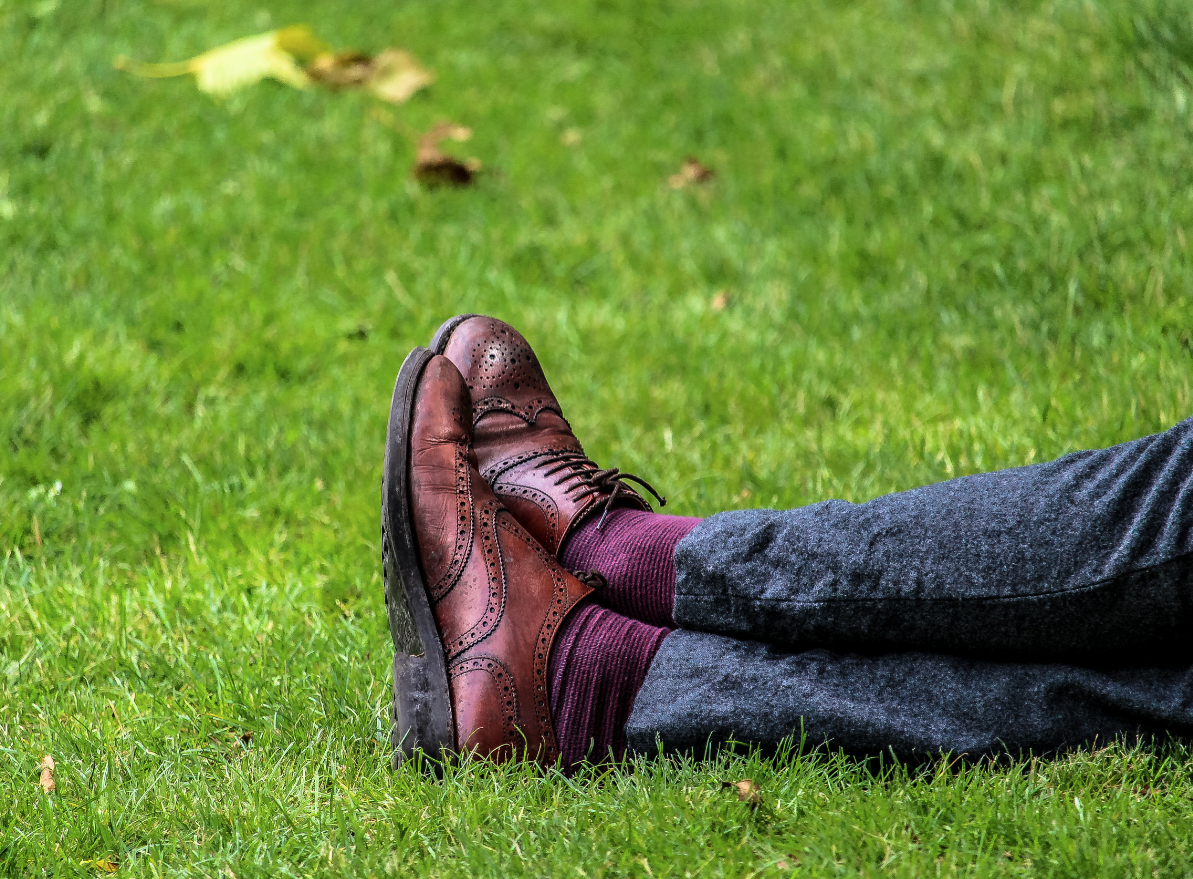Imagine you are trying to squeeze some toothpaste out of a tube but you have forgotten to take the top off. What happens? Deb actually did this in one of her most unaware moments and the toothpaste soon found another way out, through the bottom of the tube, which was followed by going all over her.
Now imagine that the tube of toothpaste is you, under pressure and beginning to get frayed at the seams. What happens to the stress if you don’t take your lid off, as it were, by making time to relax and chill? Eventually it has to find a way out and if it can’t come out through the top — by being released and resolved — it will come out somewhere else.
It will find the weakest point, whether through your digestive system, your nerves, immune system, behavior, or sleep patterns. Repressed or ignored stress can become illness, depression, addiction or anxiety; projected outwards it can become hostility, aggression, prejudice or fear.
The fight-or-flight stress response enables us to respond to danger if, for instance, we were on the front line of a battle or facing a large bear. And although we don’t meet bears that often, they do come in many shapes and sizes.
Seemingly unimportant events can cause a stress reaction, as the brain is unable to tell the difference between real and imagined threats. When you focus on what might happen it plays as much havoc with your hormones and chemical balance as does a real situation. Try remembering a gruesome scene from a horror movie and you will feel the muscles in your back or stomach contract. The images are just in your mind yet they trigger an instant response in your body.
Although job dissatisfaction, moving houses, divorce and financial difficulties are at the top of known stressors, we all respond differently to circumstances: a divorce may be high on the list of stressors for one but it may be a welcome relief to another. Life-issues that we are all subject to are stressors for some but not for others. The difference lies in our response, for although we may have little or no control over the circumstances we are dealing with, we do have control over our reaction to them.
In other words, the cause of stress is not so much the external circumstances, such as having too many demands and not enough time to fill them. It’s more about our perception of the circumstances as being overwhelming; and our perception of our ability to cope, when we feel stretched beyond what we think we are capable of.
What you believe will color your every thought, word and action. As cell biologist Bruce Lipton says in his book, The Biology of Belief, “Our responses to environmental stimuli are indeed controlled by perceptions, but not all of our learned perceptions are accurate. Not all snakes are dangerous! Yes, perception “controls” biology, but… these perceptions can be true or false. Therefore, we would be more accurate to refer to these controlling perceptions as beliefs. Beliefs control biology!”
Thinking that it is your work, family or lifestyle that is causing you stress and that if you could only change these then you would be fine, is seeing the situation from the wrong perspective. Rather, it is the belief that something out there is causing you stress that is actually causing the stress. And although changing the circumstances certainly may help, invariably, no matter what you do, it is a change within your belief system that will make the biggest difference.
So, while you remember to take ten minutes to breathe mindfully and to chill, you also need to change the voice in your head from “I can’t” to “I can.” Find an affirmation that works for you in order to shift perceptions and belief patterns and to reinforce your strengths. Our favorites are: “My mind is at ease and I am capable of doing everything,” and “With every breath I am more relaxed and flowing through my day with ease.”
Originally published at medium.com


